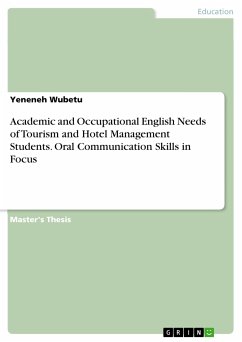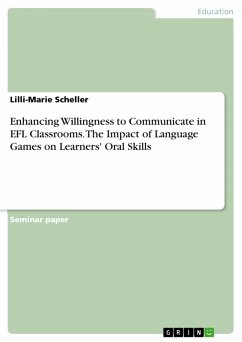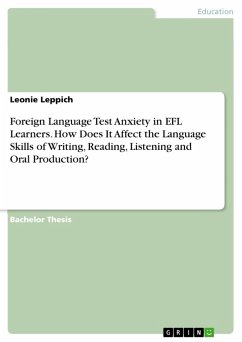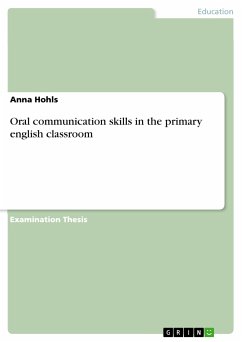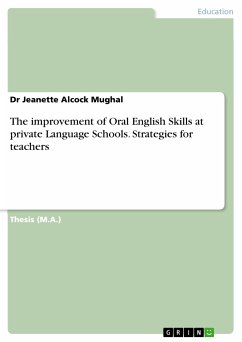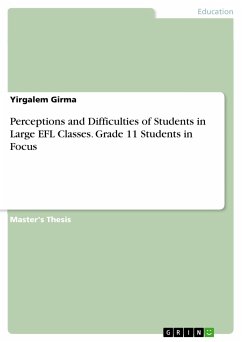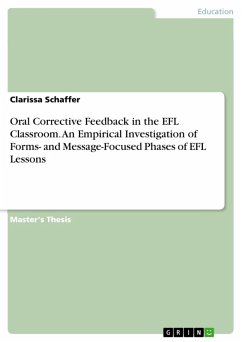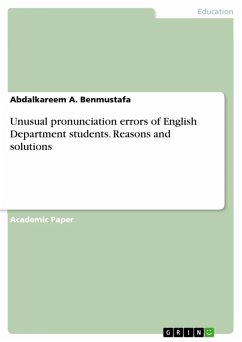Master's Thesis from the year 2017 in the subject Didactics for the subject English - Pedagogy, Literature Studies, grade: 3.97 on a 4.0 scale, Haramaya University (School of Foreign Languages and Journalism), course: Teaching English as a Foreign Language, language: English, abstract: The purpose of this study was to identify the oral communication skills that Tourism and Hotel Management students (THMS) at Haramaya University need for their academic and career purposes. Particularly, this study aimed to assess the value of specific oral communication skills within occupational contexts, identify oral communication problems of THMS and explore the communicative events that arise during oral interactions. To attain the objectives, this research employed cross-sectional survey design and explanatory method for data analysis. The practitioners' questionnaire was distributed to 110 tourism and hospitality guest-facing practitioners, and THMS (n=70) filled in THMS' questionnaire. A semi-structured interview was conducted with 3 subject area lecturers. The quantitative data were processed by using SPSS 20 while the qualitative ones were coded based on semantic affinity for analysis. The study revealed that listening skills such as comprehending colloquial and idiomatic expressions, understanding guests' multifarious English accents, recognizing meaning shift because of change in intonation and stress are worthwhile for THMS' prospective careers in tourism and hospitality sector. Effective communication with guests on the phone, clear and direct speech, interpretation without meaning distortion and appropriate responses to guests' requests and complaints were found to be equally important speaking skills. Similarly, eye-contact, facial expressions, gesture, tone and pitch volume were found to be the salient non-verbal communication behaviors that should comply with the communicative contexts during oral interactions. The research indicated that most THMS lacked spoken production skills, spoken interaction skills and nonverbal communication skills. It also showed that the communicative events that arise during oral communication in occupational and academic contexts require THMS to have good command of oral proficiency. Therefore, it can be concluded that THMS' current oral proficiency may adversely affect their academic performance and employability skills. Based on the findings, the researcher recommends oral communication trainings that can enhance THMS' academic involvements and employability skills, and the inclusion of oral communication courses in THM curriculum for prospective use.
Dieser Download kann aus rechtlichen Gründen nur mit Rechnungsadresse in A, B, BG, CY, CZ, D, DK, EW, E, FIN, F, GR, HR, H, IRL, I, LT, L, LR, M, NL, PL, P, R, S, SLO, SK ausgeliefert werden.

